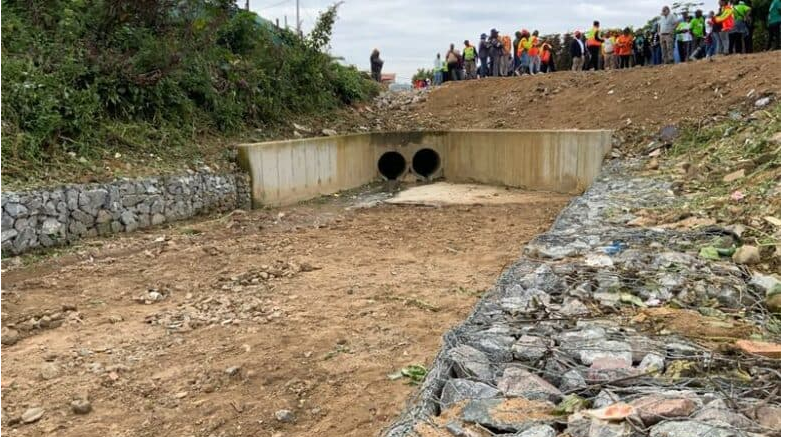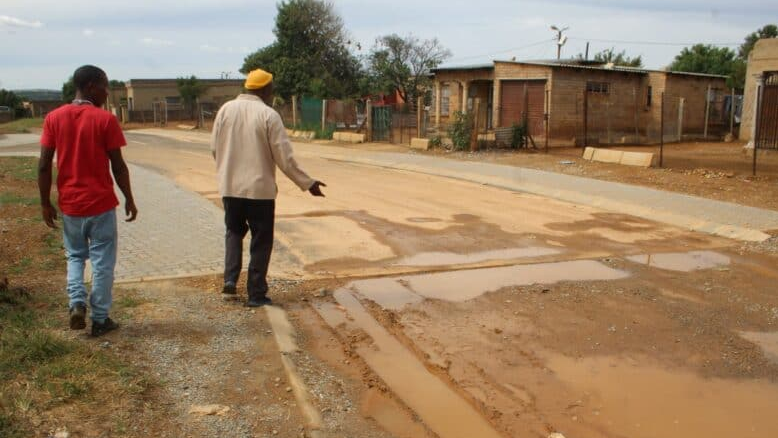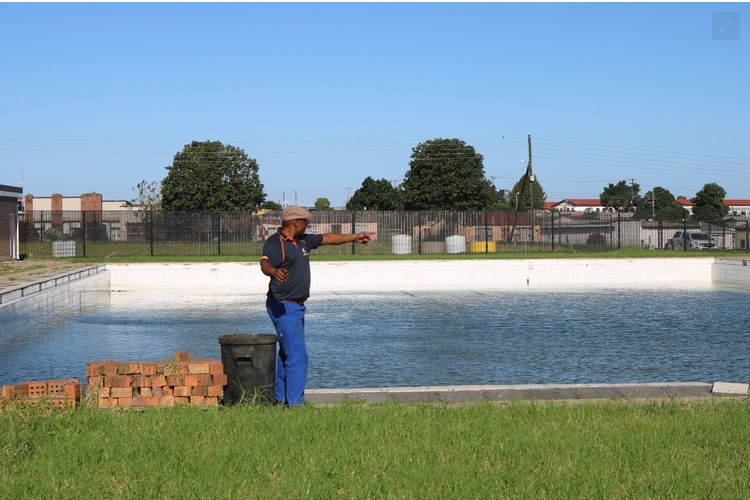South Africa’s infrastructure needs a boost

28-06-2024
Read : 475 times
The Citizen
Source
Can the new government develop and implement policies, programmes and projects that can drive a sustainable infrastructure boom?
In recent times, the construction industry has been beset by severe turbulence, marked by a 3.1% decline in the first quarter of 2024, as reported by Statistics SA, which contributed to a 0.1% contraction in national economic growth.
This contraction, the fourth consecutive quarter of decline, signals a prolonged downturn in the industry’s business cycle.
The sector has been grappling with a myriad of challenges, including seasonal fluctuations, high capital costs, elevated interest rates and inefficiencies in local government approval processes for building plans.
At the same time, South Africa faces advanced challenges of ageing and ineffective electricity, water and sanitation, roads and railway infrastructure.
It is clear that South Africa’s construction and infrastructure sector requires significant and sustainable stimulus.
With the new government called on to address the sector’s challenges, a critical question remains: can it develop and implement policies, programmes and projects that can drive a sustainable infrastructure boom?
John Maynard Keynes’ groundbreaking work, The General Theory of Employment, Interest and Money (1936), challenged the laissez-faire approach to economic governance, advocating for government intervention, strategic infrastructure development and fiscal policy to stimulate economic growth and address unemployment.
During the post-war period, Keynesianism became the dominant economic framework, shaping policy decisions and driving an unprecedented infrastructure boom.
However, by the 1970s, the Keynesian paradigm had collapsed due to its limitations, including overreliance on government intervention, erratic investment flows and neglect of monetary dynamics.
One of the key lessons is that while government intervention is crucial in times of economic downturn, it’s equally important to strike a balance with private sector participation.
During that era, the private sector was often sidelined, leading to an overreliance on government funding and control.
For instance, in the 1950s and 1960s, the US government’s Interstate Highway Act and the Federal Aid Highway Programme dominated the infrastructure landscape, with minimal private sector involvement.
While this led to an unprecedented expansion, many of the projects utilised a top-down approach, with little consultation or collaboration with the private sector. This led to a lack of competition, innovation and efficiency in infrastructure delivery.
It is a fundamental responsibility of government to strike a balance between public intervention and private participation, necessitating a leadership that is perpetually attuned to the economic pulse.
The new government may well drive a sustainable infrastructure boom.
A long-term boom in the sector can only be anchored on a framework that balances public and private sector collaboration, fosters investor confidence through stability and predictability and directs investments into a strategic infrastructure pipeline, delivering critical, inclusive and transformative projects that address the country’s most pressing needs.
The outlook for a privatepublic-led approach appears promising, given the convergent centre-right ideologies within government, notably by its dominant parties.
Under previous ANC governments, some measures were implemented to foster a more conducive environment for private sector investment in infrastructure, a crucial step in revitalising the country’s economic growth.
The introduction of innovative financial instruments, as announced by Finance Minister Enoch Godongwana in his budget speech, has further bolstered private sector confidence in the government’s infrastructure development agenda.
The National Treasury Regulation is expected to improve private-public partnership processes.
I am optimistic that should the new government embrace and advance a hybrid approach to infrastructure development, combining the strengths of the public and private sectors, the industry will experience sustained, robust growth.
• Maposa is a director of Surgetower Associates, a management consultancy specialising in government, corporate and foreign affairs.
Recent News
Here are recent news articles from the Building and Construction Industry.
Have you signed up for your free copy yet?









